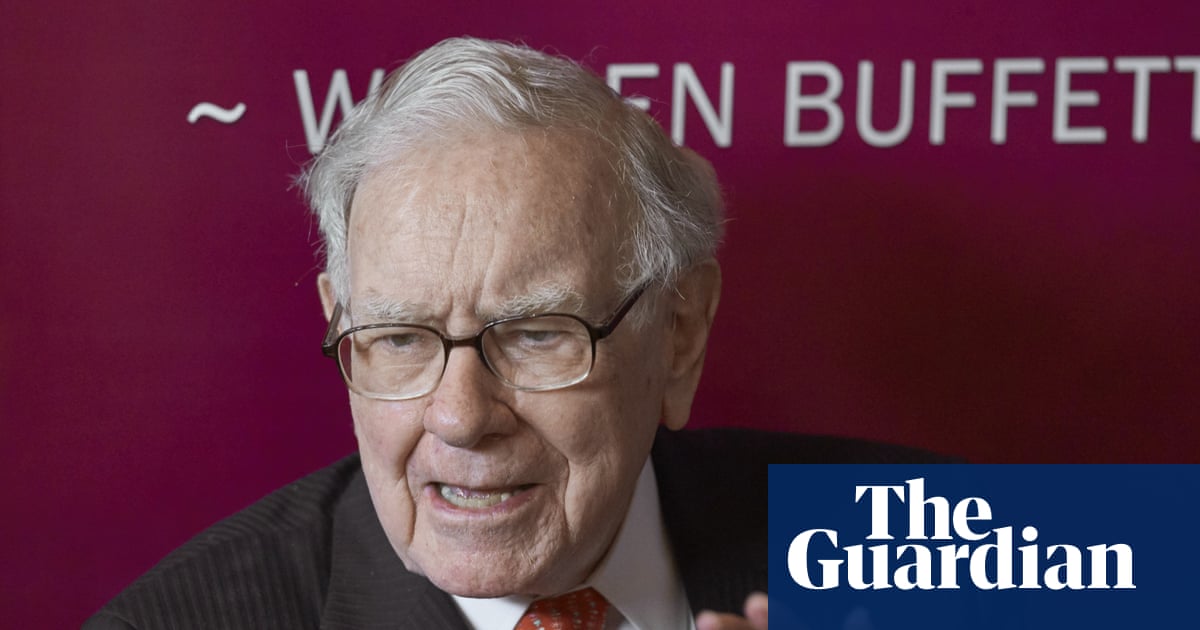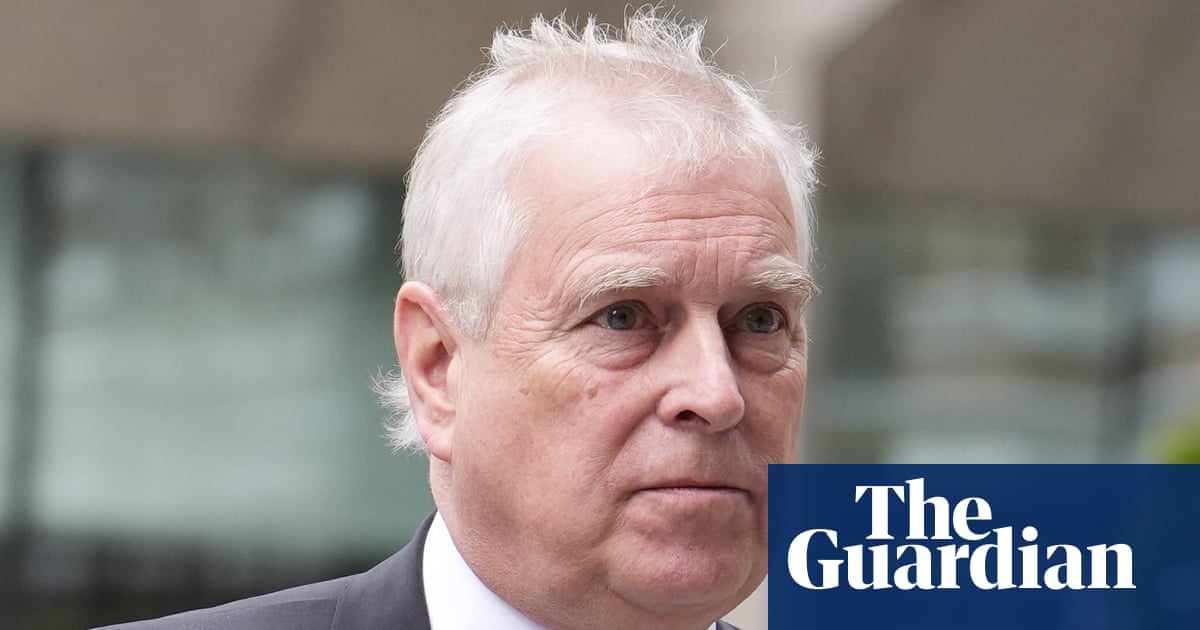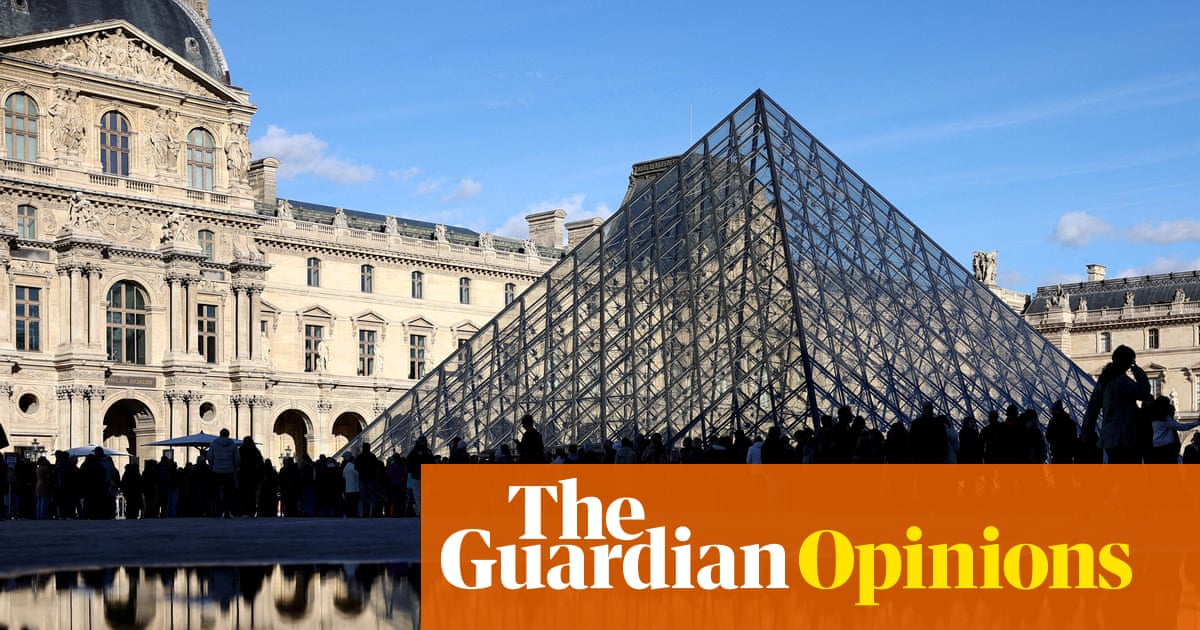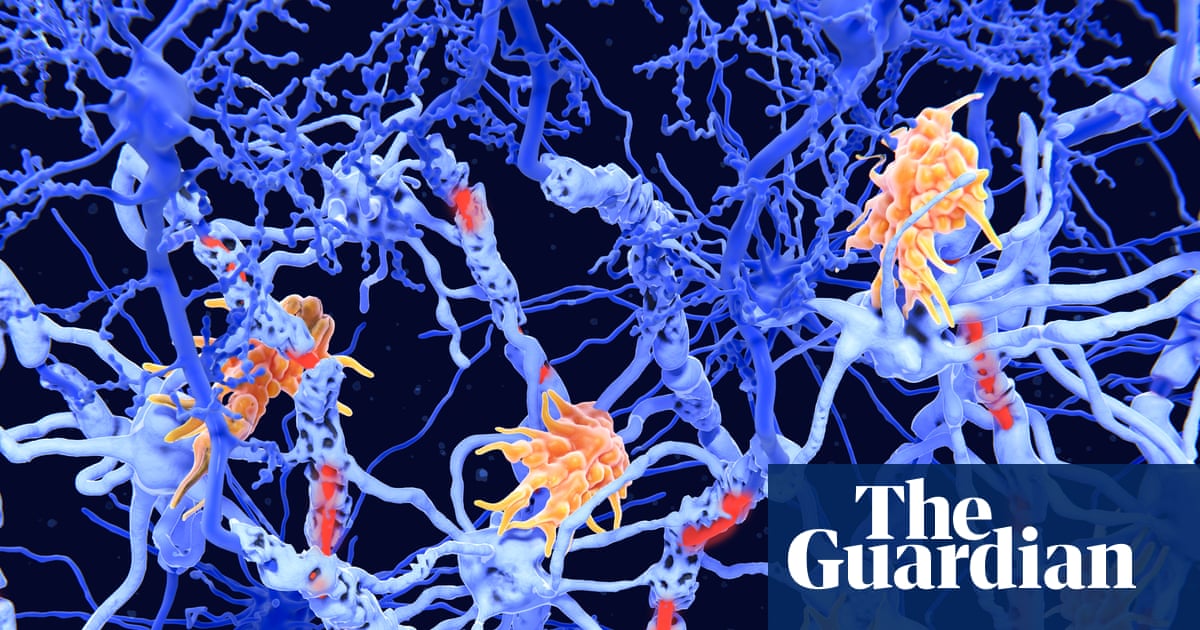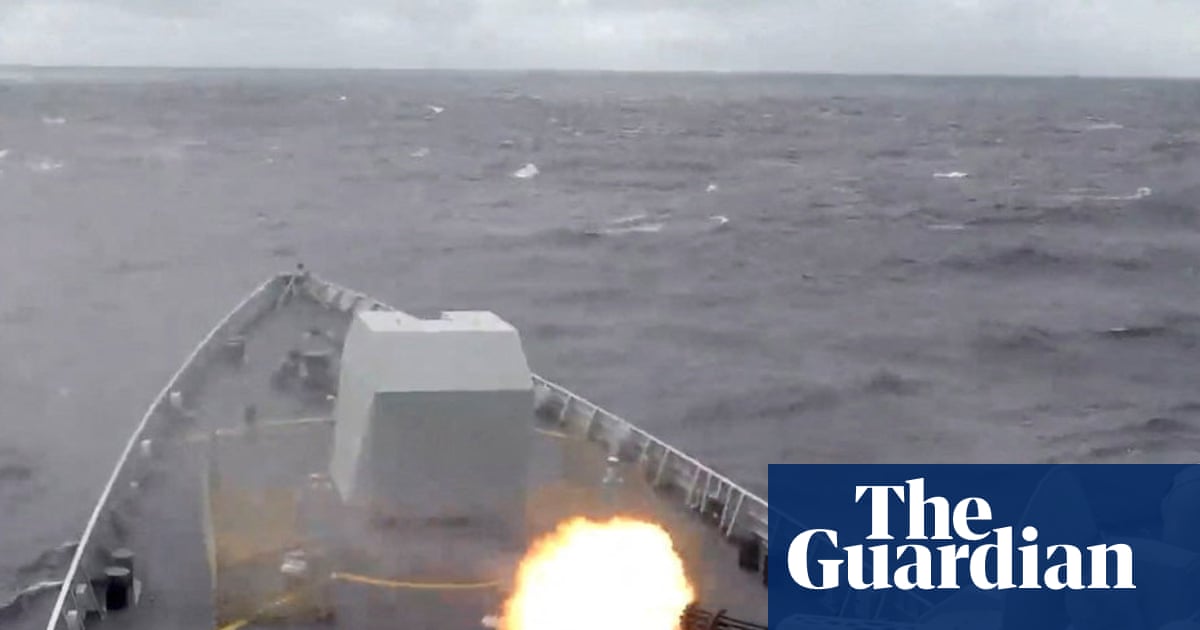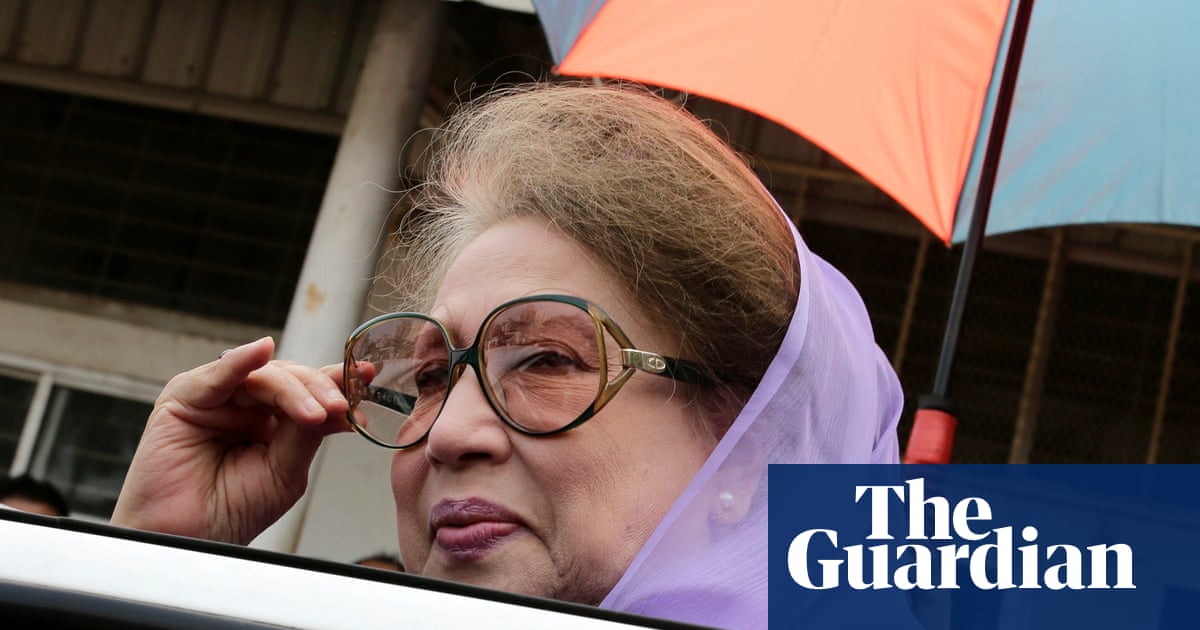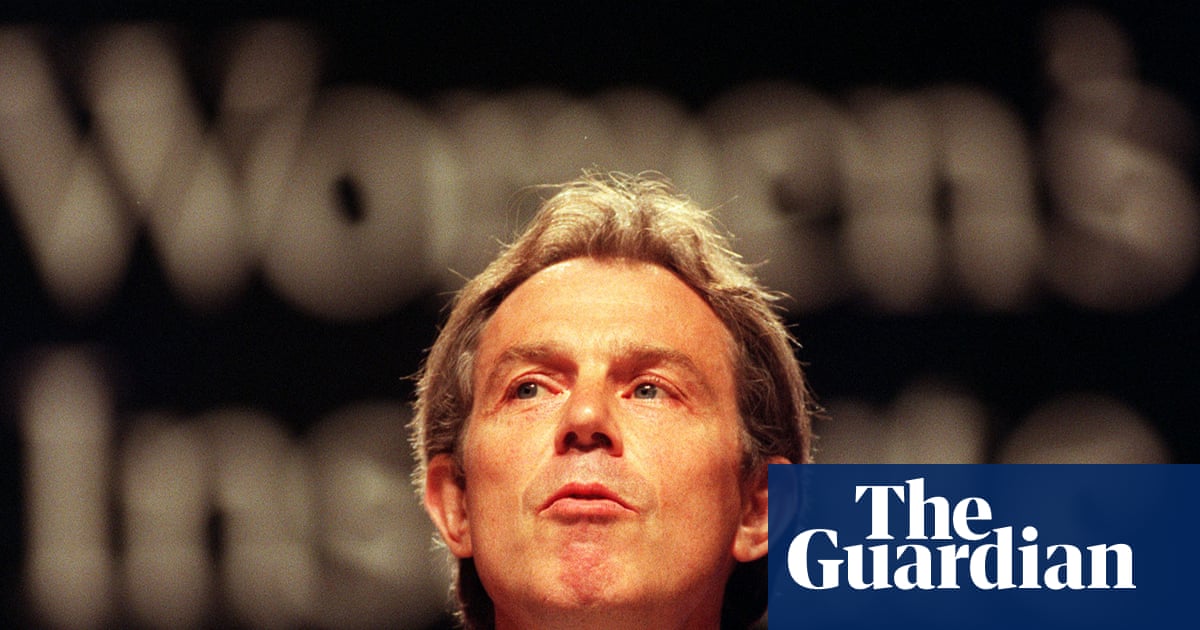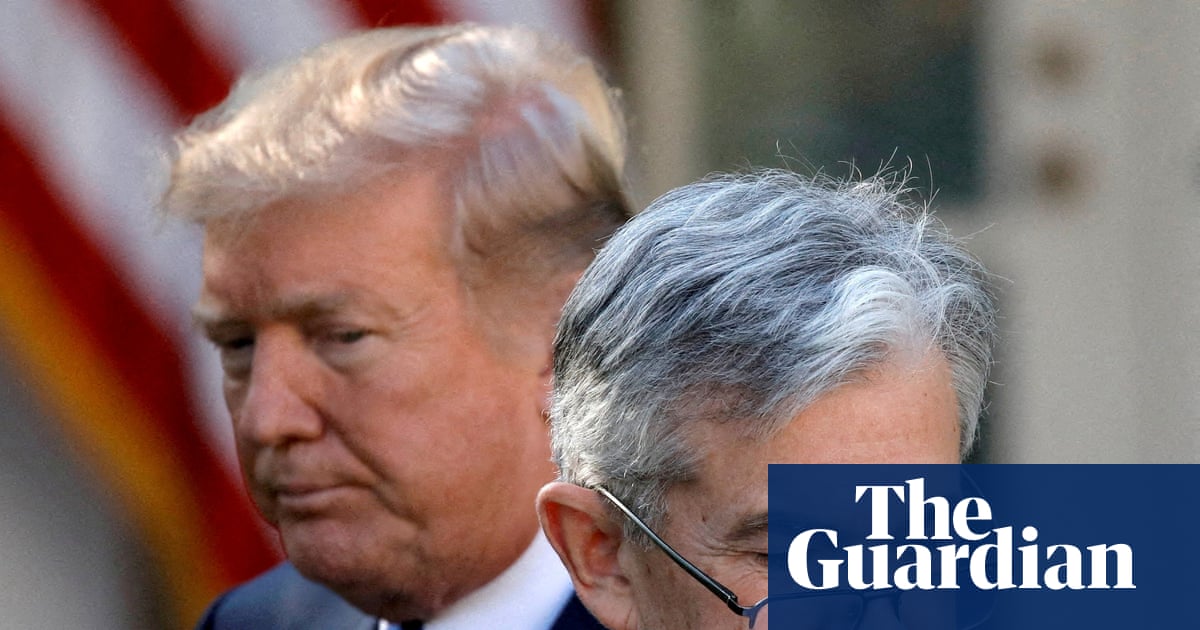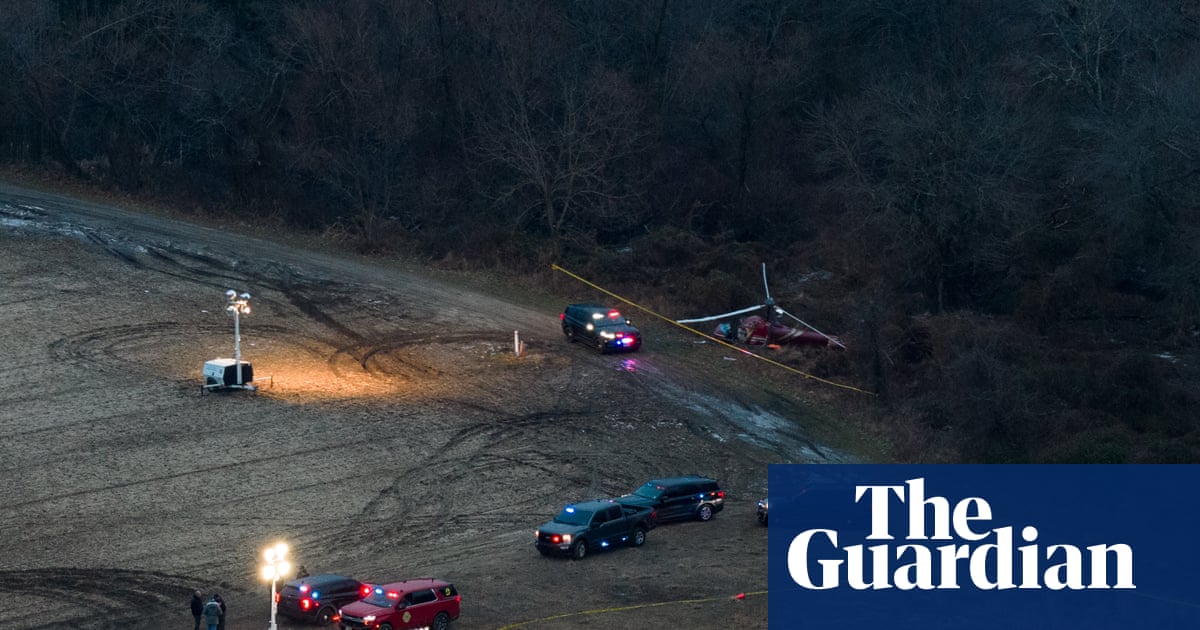The international community is on the brink of securing a peace deal for Gaza that could finally bring an end to two years of conflict and a humanitarian crisis that has claimed thousands of lives, Yvette Cooper has suggested.
The new foreign secretary, who has just returned from a UN summit, said that they had “reached a moment where the world wants to end this war” after US president Donald Trump indicated a peace deal was within reach.
In an interview with the Guardian before the Labour party conference in Liverpool, Cooper urged the Israeli government to “urgently change course” away from its renewed military offensive on Gaza. Israeli leader Benjamin Netanyahu said at the UN his country “must finish the job”.
However, the senior Labour politician declined to conclude that Israel was committing genocide in the territory, despite pressure to do so from inside her party, repeating the government’s position that was down to a legal process.
She admitted that “words seem hollow” in response to the catastrophic situation on the ground and said the priority must be trying to use new momentum behind a peace deal to end the “screams and pain” of Palestinian children.
Cooper, believed to be one of the cabinet ministers who privately pushed Keir Starmer to recognise the Palestinian state, said that while she understood the horror many felt about the humanitarian situation it was her job to focus on ending the war.
The White House is understood to be backing a plan that would have Tony Blair head a temporary technocratic administration of Gaza. Cooper twice declined to say whether the former UK prime minister was the right person to lead the transitional authority.
While Blair has good relations with the Gulf states after serving as Middle East envoy, and a route to the White House through Jared Kushner, the main architect of the plan and Trump’s son-in-law, he remains a controversial figure in the wider region over his role in the 2003 Iraq war.
“I feel like there is a consensus, a real, huge consensus building, and there was real energy and determination [at the UN] around peace. I think we’ve reached a moment where the world wants to end this war,” Cooper said.
The “beginning of the process” was a ceasefire, the restoration of humanitarian aid and the release of all the hostages, she added. However, she acknowledged the process was fragile and there were many obstacles ahead.
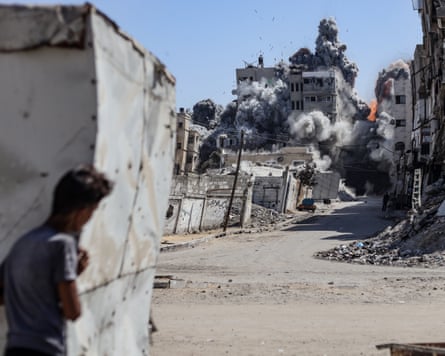
“We can’t pretend this isn’t incredibly hard, and how long the crisis has been going on makes it challenging. But there was no doubt that there is a real sense of determination and energy behind trying to get an end to the war and to try and get not just an immediate ceasefire, but a proper plan for the future.”
Just days before hosting Netanyahu in Washington, Trump told reporters on Friday that it was “looking like we have a deal on Gaza”. Cooper acknowledged the US president would play an instrumental role in bringing Israel on board.
The 21-point White House plan for peace is, diplomats say, compatible with the plan for Palestine endorsed by the UN last week, with agreement on no mass displacement from Gaza, no role for Hamas and no West Bank annexation.
But Foreign Office insiders are understood to be uneasy about aspects of the Trump plan, including what role Blair might play.
“Tony Blair has been one of the people adding proposals to this process, and that’s been really important, but there have been lots of other processes as well,” Cooper said. “There’s still a huge amount of work to do. At this stage, there’s a sense of consensus building but we’ve got to keep that on track.”
after newsletter promotion
Mahmoud Abbas, the Palestinian president, was the last world leader Cooper met before she moved from being shadow foreign secretary in 2011, and the first when she became UK foreign secretary earlier this month.
She has not yet met Netanyahu, although she was in New York when he made his remarks at the UN. “There is no military solution to this that works, there is no way that the security of Israel is remotely strengthened by this further Gaza City offensive,” she said.
“For security for Israelis, as well as security for Palestinians and as well as dealing with this devastating humanitarian crisis, I think the Israeli government urgently needs to change course.”
The UK Foreign Office makes regular internal assessments of whether there is a serious risk of genocide by Israel in Gaza, but earlier this month said it had not concluded that was currently the case.
“Every time we talk about whether it’s humanitarian crisis or whatever words that we use actually feel hollow, because what it’s really about is the screams and pain of a toddler, and that’s what’s really at the heart of this, and that’s what has to end. The war has to be brought to an end,” Cooper said.
“I think the reason that there is just such a sense of distress is because everybody can see the horror of what has happened and the fact that it feels like nothing’s being done. It feels like nothing is changing. It feels like everything is just getting worse …
“The challenge for us now is that there is a moment, and we have to make sure that that moment, through international action, is turned into a peace process.”
Turning to Russia, and the drones and jets being flown over Poland and Scandinavian countries, Cooper accused Vladimir Putin of “deliberate provocation” and attempts to destabilise Europe.
The foreign secretary urged the US to “go much further” on sanctions on Russian oil and gas, after Trump said a week ago he was ready to do so, but only if Nato countries met certain conditions. “There has to be a much more concerted effort,” she added.

 3 months ago
50
3 months ago
50
